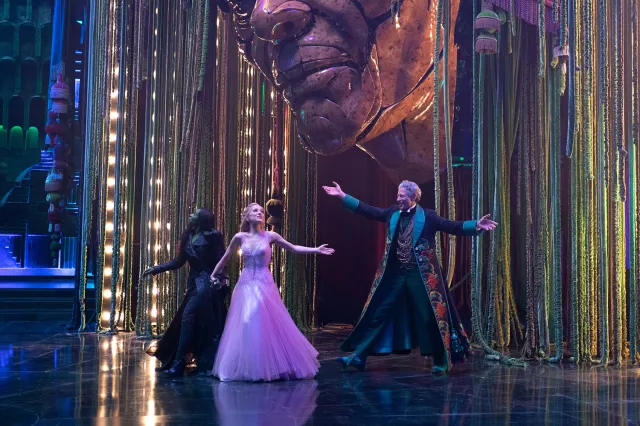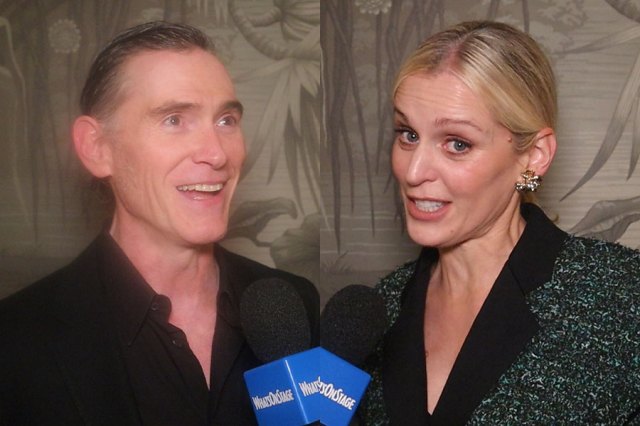Could any stage show ever repeat Wicked’s success?
Could any other franchise ever repeat the blockbuster success of Wicked?

With its fairly solid critical reaction and big box office numbers, Wicked has successfully stuck the landing – and entered the pantheon of stage-to-screen adaptations that have cut through to the general public, alongside things like Les Misérables, Grease and Mamma Mia!.
But as it settles down for what is destined to be a lucrative and successful run (and that’s before we get to questions of home release and merchandise next year, as well as possible avenues for theme parks or spin-offs), it does make you think – could there ever be another Wicked?
To identify a genuine successor, we have to first dissect Wicked‘s appeal. There are three tiers to its resonance with mainstream audiences: tapping into a beloved classic property (The Wizard of Oz), centring it on a universally resonant story of female friendship and political marginalisation, all while delivering a score of undeniably top-tier tunes by some internationally renowned names. This combination is a financial and critical sweet spot.
The challenge in replicating this model would be immense. Many high-profile stage properties are currently mooted for the screen, yet few possess this specific alchemy.
Take, for instance, the news that Wicked director Jon M Chu will be adapting Andrew Lloyd Webber’s Joseph and the Amazing Technicolor Dreamcoat. While Chu’s involvement suggests ambition and visual flair, the underlying material presents significant limitations. It is inherently a nostalgic, episodic piece, lacking the deep, generational thematic conflict that drove Wicked. Its target audience is broad, but it arguably lacks the necessary edge or zeitgeist currency to become a global, defining cinematic event.
The recurrent whisper of a new Andrew Lloyd Webber’s The Phantom of the Opera film – which the composer often mentions – presents an enticing proposition. While the score remains a global cultural sensation, it already has a well-defined 2004 film adaptation. To achieve Wicked-level success, a new version would need to deliver a complete reinterpretation (could someone ask Guillermo Del Toro if he’s keen?). The novelty factor is hampered somewhat. Simply put, its potential for genuine subversion is limited.

There’s a case for something like Six, which has rocked audiences around the world, but this may boil down to casting and the ability to wrap a film-friendly narrative around what is fundamentally a concert-style event that works best in front of a live audience.
This brings us to arguably the only musical with comparable, proven international appeal and thematic depth: Lin-Manuel Miranda’s Hamilton.
While the existing Disney+ pro-shot exists, the case for a live-action Hamilton is compelling: combining historical narrative with contemporary debate. The scale and cinematic verve of some of those battle scenes, or political duels, could be resplendent.
Should a studio commit to a fully cinematic, immersive adaptation – one that expands the world beyond the confines of the stage recording – it possesses the essential ingredients: a revolutionary core, a global following, I’d even wager there’s a billion-dollar franchise there in the right hands. It is perhaps the only theatrical property that truly contends with Wicked‘s cultural gravity.



















